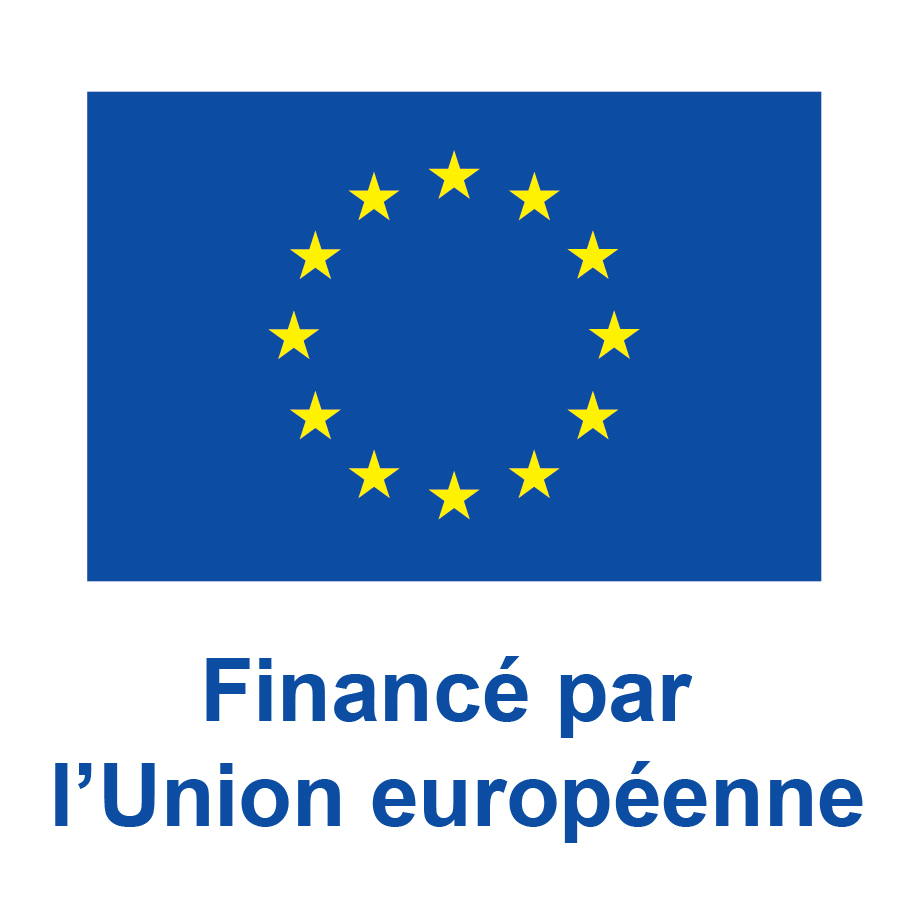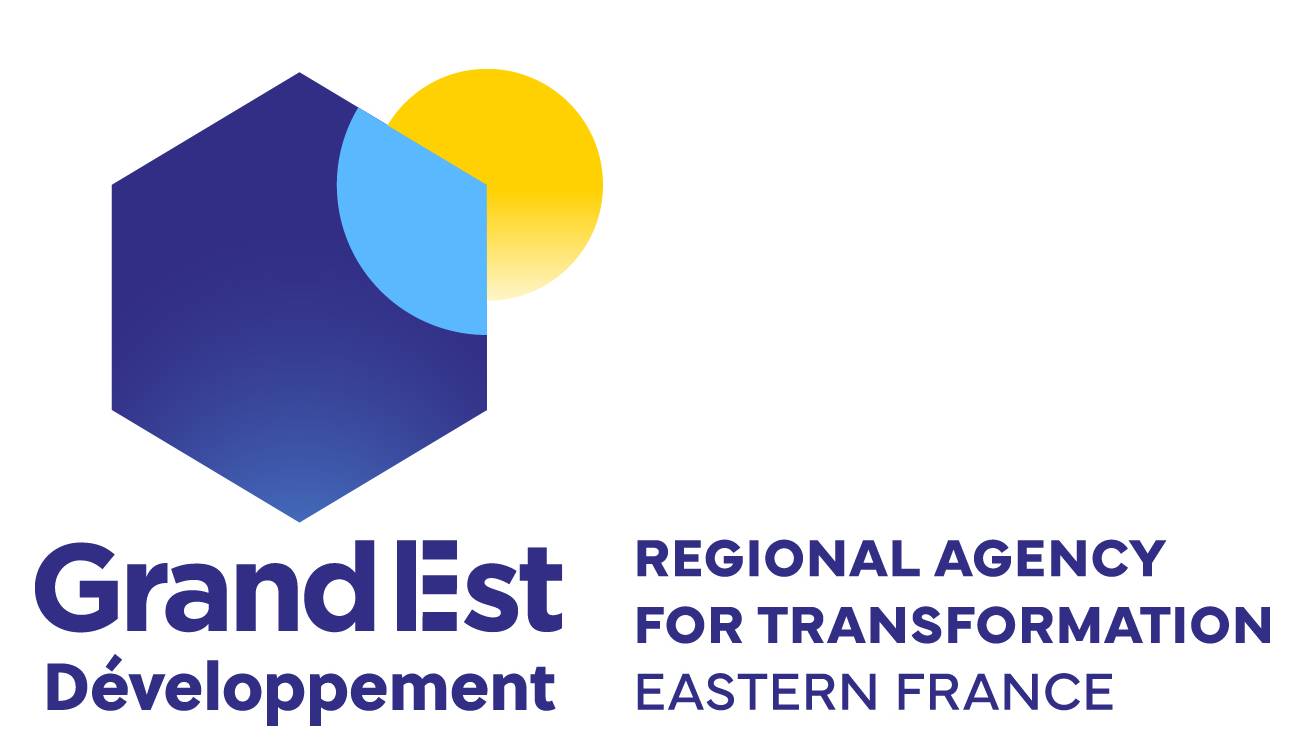
LOTTI project
LOTTI : Local identity driving traditional industry transition

The LOTTI (Local identity driving traditional industry transition) project is co-funded by the European Union’s Interreg Europe programme. As part of the Interreg Europe programme, regional and local public stakeholders develop collaborative local projects to share innovative and sustainable solutions for regional development that address the challenges to face.
The LOTTI project is therefore in line with the overall goal of Interreg Europe, which is to improve the implementation of regional development policies, investment programmes for employment and growth through exchanging experiences, innovative approaches and particularly identifying, disseminating and transferring good practices between regional policy stakeholders.
LOTTI is focused on the political goal of a ‘more competitive and smarter Europe’, aiming to improve regional governance by boosting regional policy instruments.
There are 3 phases to the project:
Phase 1: Capacity-building on competitiveness, industrial transition and local identity
Partners will focus on capacity-building on the following points depending on the specific characteristics and ecosystems in the various regions:
- Understanding the essence and potential of competitiveness and local development strategies;
- Regional policies for innovative and sustainable industrial transition;
- Local identity, taking into account how citizens interact with their region and its (changing) industrial culture;
- The regional challenges or requirements (policies) related to all the above.
Phase 2: Address challenges – Capacity-building
Partners will concentrate on what has been done or can be done at regional level to meet the challenges identified in phase 1. In line with LOTTI goals, partners will work on the opportunities identified in the following areas of focus:
- Engaging local citizens/stakeholders;
- Re-creating local identities and encouraging the industrial transition;
- Connecting local identity with new opportunities for S3 sectors.
Phase 3: Change in policy – Capacity-building and possible pilot project
Partners will concentrate on identifying and developing concrete action based on the outcome of phase 2, to integrate LOTTI capacity-building into certain policy instruments. A group of regional stakeholders will be involved in the project to maintain a link between the project partner and their regional ecosystem, to address the challenges identified by the LOTTI project. Grand Est Développement, formerly Grand E-Nov+, will be working on this project in partnership with the Grand Est region, and wishes to support the exemplary development of industrial transition projects, particularly thanks to work on the ‘Zones d’Activité du Futur’ (business parks of the future) initiative.
Project goals
The overall goal of LOTTI is to enhance the capacity of public authorities in designing and implementing public policies, particularly Smart Specialisation Strategies (S3), with the aim of achieving an innovative, sustainable and resilient industry transition.
Through interregional exchange and alignment with the industrial transition and the priorities of the Smart Specialisation Strategy (S3), specific goals were defined for each region. The project supports public authorities by:
- Engaging citizens in a proactive approach to industrial transition by leveraging local identity as an opportunity and means of addressing resistance to socio-economic changes.
- Re-creating local identities likely to encourage attractive and effective technological and non-technological innovation within traditional industrial contexts.
- Connecting local identity with the possibility of creating new jobs, new businesses and/or entrepreneurial opportunities, based on S3 sectors, to drive the regeneration of industrial production and infrastructure..
We will provide our support to Grand Est territories looking to develop their industrial transition through public policy (S3, AAP, AMI, specific local policy, etc.). More specifically, the ‘Zones d’Activité du Futur’ (business parks of the future) initiative was chosen to kick-start the work done as part of the Lotti project. The sustained evolution of the Grand Est business parks contributes to the goals set by the LOTTI project in terms of an innovative, sustainable and resilient industrial transition.
Our latest news
Read our articles about the project
Find out more
About the project: https://interregeurope.eu/lotti
About the programme: https://www.interregeurope.eu/
Partners
The Consortium, led by the region of Lahti (Finland), is comprised of 9 partners from Spain, France, Finland, Italy, Ireland and Poland.
- Coordinator :
The Päijät-Hämeen liitto region, project coordinator – Finland
Päijät-Hämeen liitto – paijat-hame.fi
- WestBIC Business and Innovation Centre and the region of north east Ireland, Ireland WestBIC – Business and Innovation Centre & Donegal, Sligo, Galway, Galway City, Mayo, Leitrim, Roscommon, Monaghan, Cavan | Northern and Western Regional Assembly (nwra.ie
- Grand Est Développement (formerly Grand E-Nov+), and the Grand Est region (associate) – France
L’agence d’innovation & de prospection internationale du Grand Est – Grand E-Nov+ (grandenov.plus) & Accueil – GrandEst
- The region of Puglia – Italy
Regione Puglia
- Marshal’s Office of the Silesian Voivodeship – Poland
Serwis Województwa Śląskiego (slaskie.pl)
- Regional Ministry of Economy and Finance of the Government of Cantabria and the European Projects Office of the Government of Cantabria – Spain
Inicio – Gobierno – cantabria.es & OPE Cantabria es la Oficina de Proyectos Europeos del Gobierno de Cantabria, proyectos europeos en Cantabria, proyectos europeos sociales en Cantabria, programas europeos en Cantabria
Financement
| Total project budget | €1,546,682 |
| FEDER Contribution | €1,237,345 (80%) |
| Périod | 01/03/2023 – 31/05/2027 |





